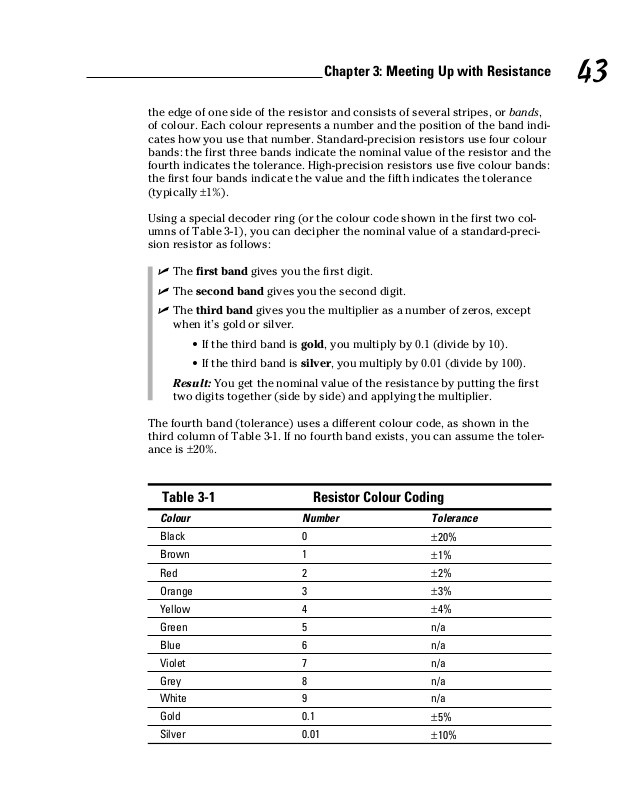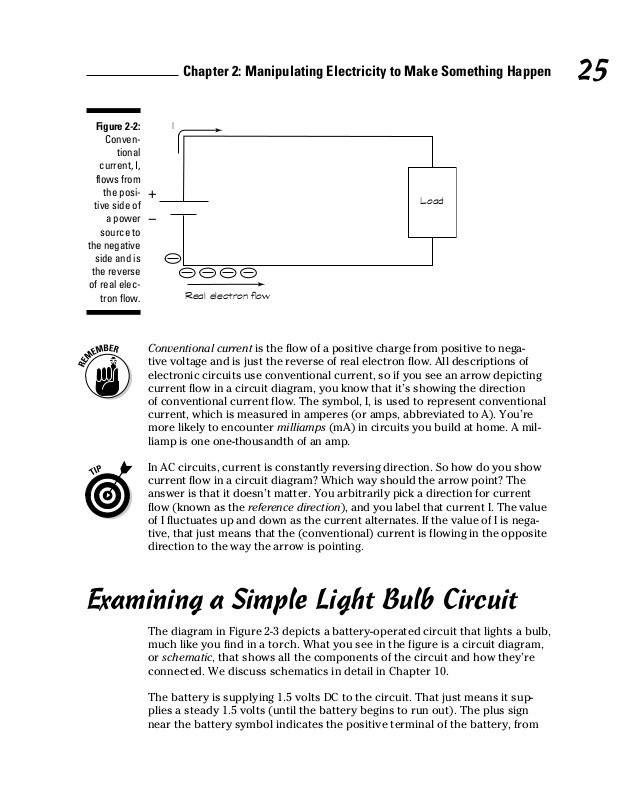The Lowdown on Load vLoad Products
Post on: 10 Август, 2015 No Comment

The load versus no-load question isn’t as exciting or venomous as some of the topics being debated in this year’s Democratic primaries, but it is nevertheless a controversial subject that confuses a lot of people.
Brokers and load-fund companies tend to trivialize the impact of the sales commission for investors holding their shares long term. They might also try to blur the distinction between load and no-load products.
No-load companies, in turn, aren’t too quick to admit that their funds might not be appropriate for unsophisticated investors who don’t know what they’re doing.
The confusion over loads is likely to get worse as load-fund companies dream up new and more complicated ways to charge commissions.
It doesn’t help that a new and less sophisticated breed of investor is being flushed out of bank accounts and into mutual funds by low interest rates.
Here are some of the loaded questions that investors might wonder about as they attempt to sort through different categories of mutual funds:
* Don’t investors pay some sort of sales commission even on no-load funds?
On pure no-load funds, the answer is no.
All mutual funds have to pay certain operating costs, including the investment advisory fee, says Michelle A. Smith, managing director of the Mutual Fund Education Alliance, a Kansas City-based association of low-cost funds. But not all have to pay a broker.
Investors might be surprised to learn that on load funds, nearly all of the sales charge goes to the stockbroker, financial planner or insurance agent—and the salesman’s firm. So by cutting out the middleman, no-load funds can pass along savings to investors.
What makes the issue more confusing is that some funds that call themselves no-load charge 12b-1 fees. These pay for marketing expenses—including, in some cases, broker compensation.
* How high are the ongoing operating costs that all funds pass along to shareholders?
They tend to range between 0.5% and 1.5% a year. That compares to the load, a one-time charge that typically runs between 4% and 6% and may go as high as 8.5%.
* Is it possible for a no-load to be more costly than a load product over the long haul?
It’s possible.
The effect of front-end charges is clear cut and one-time, says Michael Kiley, vice president of Guardian Investors Services, a New York firm that runs the 4.5%-load Guardian Park Avenue Fund.
High (ongoing) expenses are insidious. They chip away continuously and get bigger as time goes by.
However, load funds can—and often do—charge high ongoing expenses in addition to a commission. At the least, no-loads almost always enjoy an initial cost advantage.
* Do no-loads as a group post inferior performance?
No. Overall, the two categories generally offer comparable results. No one has been able to show conclusively that either one performs better, says Smith.

* Do all investors in a load fund pay the same sales charge?
No. Larger investors can get a quantity discount, the size of which varies from firm to firm.
For example, the Los Angeles-based American Funds Group drops its upfront fee on stock funds from 5.75% to 4.5% on purchases above $50,000, and offers additional savings at break points of $100,000, $250,000 and $500,000. The sales fee phases out entirely for purchases of $1 million or more.
Another example: The SoGen International Fund of New York reduces its 3.75% sales fee to 3.25% for people with more than $10,000 to invest. It has five other break points but phases out the load entirely only for purchases above $2 million.
It’s worth noting that investors usually don’t have to come up with the entire break-point amount at the time of purchase to qualify for a commission discount.
In general, they may sign a non-binding letter of intent, the terms of which typically grant them a discount if they agree to invest a sum equaling or exceeding a break point within 13 months. In the meantime, some of the purchased shares are held in an escrow account to pay the higher commission if the person’s total investments don’t reach the break point.
* Why are some investors willing to pay a load?
Commission products appeal to people lacking the time, resources or skill to make their own mutual fund decisions. Many also value the ongoing help or advice a broker gives, as in deciding when to sell.
Potential owners perceive the full-service broker channel as providing the most personalized service, the best available and objective advice, the greatest convenience and the most competency in executing fund orders and keeping records, says a 1991 study by the Investment Company Institute, a Washington-based trade group.
* Does it make sense for commission-sensitive investors who already own load funds to sell their shares and move the money into no-loads?














